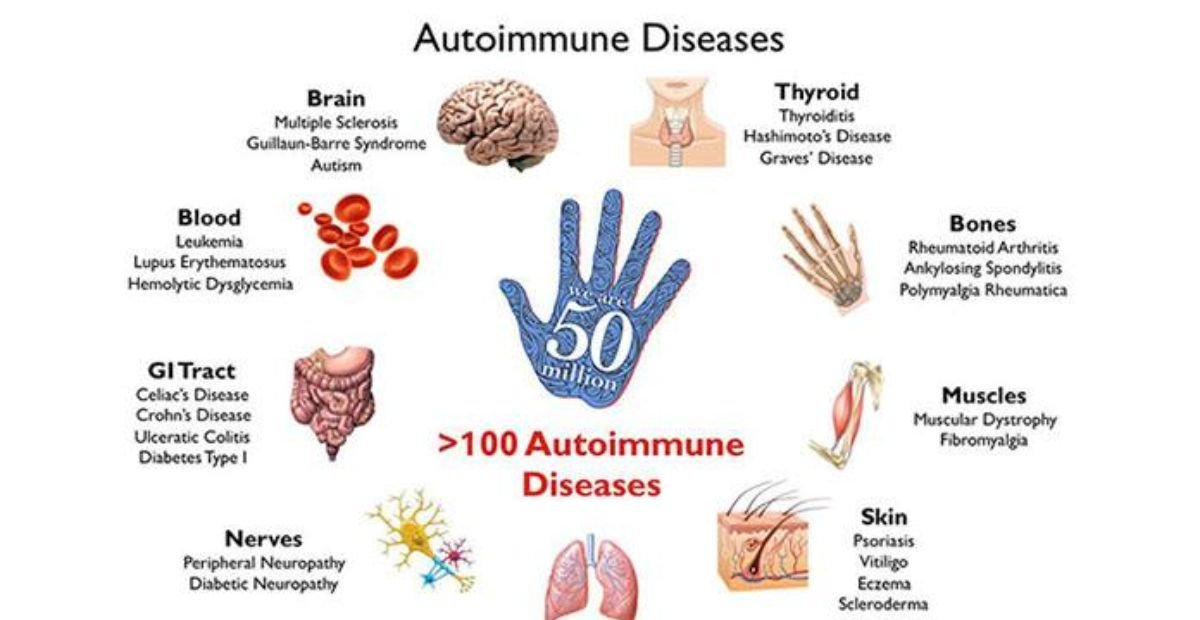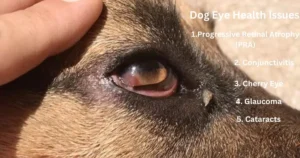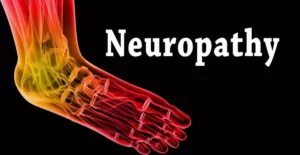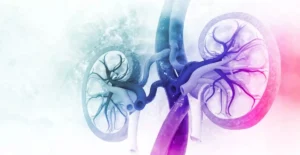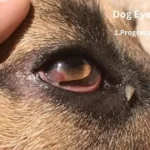Exploring the perplexing system of inability qualification can be overwhelming, particularly while wrestling with the intricacies of sicknesses and their effect on day-to-day existence. We dive into the rules that determine qualification for benefits, revealing insight into the particular sicknesses and ailments that qualify people for much-needed help.
In the world of disability benefits, one question reigns supreme. What Diseases Are Eligible For Disability? A critical request can decide monetary security, admittance to medical services, and personal satisfaction. Imagine waking up one day unable to work and not knowing whether your condition is eligible for assistance.
Inability benefits are accessible for individuals who can’t work because of specific ailments. These incorporate circumstances like malignant growth and mental issues like discouragement or uneasiness. Disability should be sufficiently extreme to restrict everyday exercises, keep going for essentially a year, or result in death.
Navigating Disability Qualification
Navigating disability qualification can be complex but essential for accessing support. Individuals must understand eligibility criteria to access the necessary resources and services. By seeking guidance and understanding the process thoroughly, individuals can ensure they are eligible for the required assistance.
Eligible individuals who navigate disability qualification effectively can access a range of support tailored to their needs. From financial assistance to specialized accommodations, being eligible opens doors to resources that can significantly improve quality of life. Eligible individuals can maximize the benefits available to them.
Exploring Disability Qualification
Exploring disability qualification involves understanding the criteria and processes for determining eligibility for support and accommodations. Individuals navigate through assessments and documentation to ascertain if they meet the necessary conditions to access services tailored to their specific needs.
can identify the support systems available to them, ensuring they receive the assistance they are eligible for. This exploration fosters a better understanding of one’s rights and options, facilitating access to necessary accommodations and services. Their circumstances with confidence, knowing they are eligible for the support they need.
Which Illnesses Qualify For Assistance?
Opossums, the same different creatures, can convey different microbes that might cause ailments in people and creatures. Understanding the transmission courses of these opossum-borne ailments is urgent for forestalling their spread and safeguarding general well-being.
- Ingestion: Ingesting food or water debased with opossum dung or pee can bring microorganisms into the body, prompting sickness. Food that hasn’t been properly cooked or washed that has been in environments contaminated with opossums can be dangerous.
- Inhalation: At times, airborne particles containing opossum-borne microbes can be breathed in, prompting respiratory diseases or different ailments. This might happen in conditions where opossum excrement or pee has dried and become airborne, for example, in dusty lofts or unfinished plumbing spaces.
- Vector-Borne: Opossums can act as hosts for parasites like insects, ticks, and vermin, which can convey and communicate microbes to people and different creatures. Chomps from tainted vectors or contact with their spit can bring these microorganisms into the circulation system, prompting disease.
- Indirect Contact: Additionally, the transmission of diseases can occur through indirect contact with opossums. For instance, coming into contact with tainted surfaces or items that have been in touch with opossums, for example, food or water sources, can spread microbes.
- Direct Contact: Direct contact with opossums or their natural liquids, like spit, pee, or defecation, can communicate microbes to people. Handling opossums, cleaning up their waste, or being bitten or scratched by an infected animal can all result in this.
These transmission courses can assist people and networks with avoiding potential risks to limit the gamble of opossum-borne illnesses and advance general well-being and security. Customary disinfection rehearses, appropriate garbage removal, and staying away from direct contact with wild opossums the spread of these illnesses.
Eligibility Criteria For Common Diseases
The eligibility criteria for common diseases are crucial for accessing necessary healthcare. These criteria typically outline the specific requirements individuals must meet to qualify for diagnosis, treatment, or assistance programs. If they are eligible for medical support and take appropriate actions to address their health concerns.
To guarantee qualification, people ought to audit the standards given by medical services suppliers, government offices, or insurance agencies. They can likewise look for help from medical care experts or social laborers who have some expertise in exploring these necessities. Qualification models for admittance to medical care administrations.
What Diseases Are Eligible For Disability?
The nation and its government-backed retirement plan determine eligibility for disability benefits. What they mean for one’s ability to work and complete everyday exercises. Among the most widely recognized illnesses and conditions that might qualify for handicap benefits are.
Chronic illnesses: illnesses like malignant growth, HIV/AIDS, diabetes, coronary illness, and constant obstructive pneumonic infection (COPD) frequently meet all requirements for handicap benefits, assuming that they altogether weaken a person’s capacity to work and perform everyday errands.
Neurological disorders: Sicknesses like numerous sclerosis (MS), Parkinson’s illness, epilepsy, Alzheimer’s infection, and other neurological circumstances can meet all requirements for inability benefits, assuming they cause critical practical impedances that keep people from working.
Mental health disorders: If they hinder a person’s ability to function in society and maintain a gainful job, conditions like depression, anxiety disorders, bipolar disorder, schizophrenia, and post-traumatic stress disorder (PTSD) may be eligible for disability benefits.
Outer muscle problems: If an individual can’t do actual work exercises due to conditions like joint pain, back wounds, joint issues, or outer muscle wounds, they might be qualified for handicap benefits.
Hereditary issues and birth rewards: Positive heritable statuses and central shortages that influence a singular’s capacity to unendingly work wholeheartedly May also meet all essentials for discontent benefits, reliant upon their substance and effect on regular company.
It’s critical to take note that qualification for inability benefits frequently includes a careful assessment of clinical proof, from medical care suppliers, clinical trials, and evaluations of practical restrictions. Advantages ought to talk with a certified proficient or government office and application systems well defined for their circumstance.
Mental Health assessment Disability Eligibility
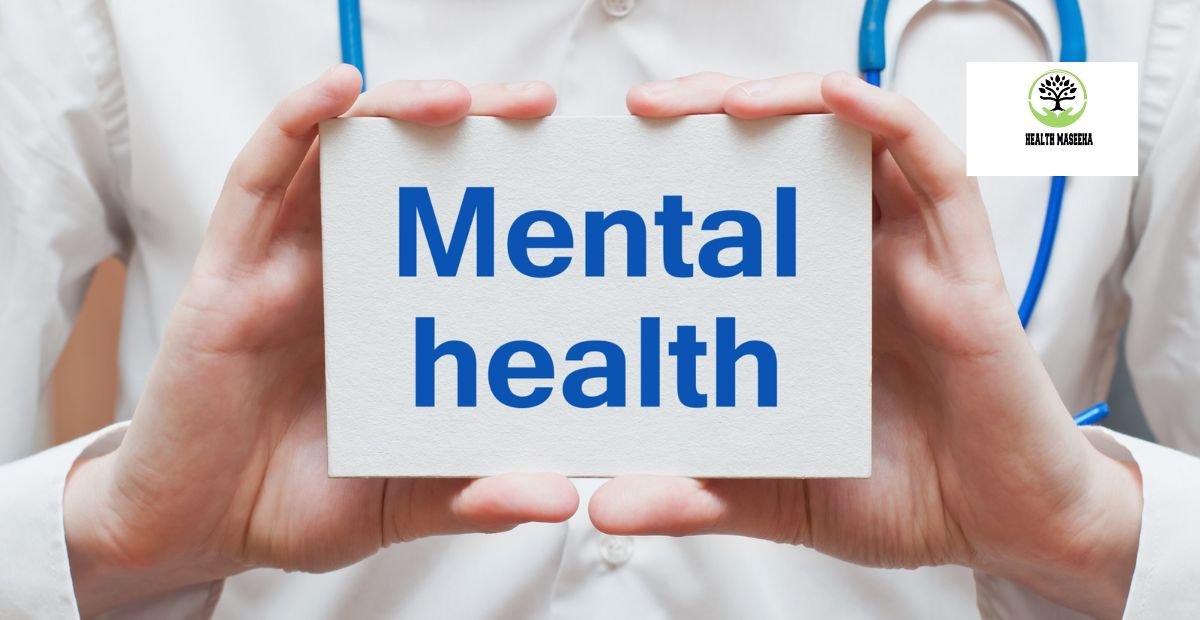
Mental Health is a separate mental health must be considered as part of the Infirmity Eligibility Assessment procedure to regulate whether they are eligible for infirmity benefits. Experts, like forecasters or professionals, appraise the importance of mental wellness settings and their effect on day-to-day work.
Once carefully trained for injury benefits, people volume get monetary benefits and admission to effects to benefit their reactive wellness needs. This salutation identifies the problems they face as an effect of their mental health complaint and matters to provide the necessary support for their income and well-being.
Respiratory Conditions And Disability Eligibility
Respiratory disorders include an eclectic range of disorders affecting the lungs and breathing appliances. Characters with simple respirational impairments may be eligible for incapacity benefits depending on the extent of their condition’s impact on their daily effectiveness.
Conditions such as chronic obstructive pulmonary disease (COPD), asthma, and pulmonary fibrosis can significantly limit a person’s ability to perform activities of daily living or maintain gainful employment. Medical and efficient assessments of the cheerlessness of impairment and its impact on the individual’s willingness of work.
Neurological Disorders And Disability Eligibility
Neurological disorders comprise irregularities in the brain, vertebral cord, or nerves, leading to various symptoms ranging from motor damage to thinking deficits. Circumstances such as several cases of sclerosis (MS), Parkinson’s disease, epilepsy, and shocking brain injury (TBI) can result in important incapacity, communication, and mental functions.
Incapacity eligibility for nervous complaints depends on the severity of indications, purposeful boundaries, and their impact on the person’s talent to engage in considerable gainful activity. Medical documentation, including neurological examinations, and cognitive assessments, is crucial in evaluating eligibility for disability benefits.
Disability Criteria Which Diseases Qualify For Support?
Disability criteria vary depending on the country’s laws and regulations governing disability benefits. Generally, diseases that significantly impair an individual’s ability to work and perform daily activities may qualify for disability support. Common qualifying conditions include arthritis mental health disorders, and sensory impairments.
Conditions that meet specific medical criteria outlined by the Social Security Administration (SSA) in the United States, may be eligible for benefits. Meeting the criteria often involves demonstrating medical evidence, including diagnosis, and functional assessments, which plays a vital role in determining eligibility for disability support.
Determine Diseases Qualifying For Disability Benefits
Ascertaining diseases qualifying for disability benefits involves assessing medical conditions to control eligibility for commercial support. Individuals must provide medical evidence demonstrating their illness or injury to qualify for benefits. Eligible diseases infections such as cancer, and many others.
The eligibility standards for weak benefits vary depending on the country and the specific program. In specific cases, people may need to undergo medical checkups or provide documentation from healthcare authorities to prove their fitness. Benefit from the request process and access the support they need.
What Disease Fit the Bill for Disability Advantages?
- Traumatic Injuries: Horrible wounds coming about because of mishaps, like horrendous cerebrum injury (TBI), spinal line wounds, and appendage wounds, may meet all requirements for inability benefits assuming they influence long-term that limit an individual’s capacity to work and perform everyday exercises.
- Chronic Illnesses: Constant ailments like HIV/AIDS, persistent obstructive pneumonic sickness (COPD), constant cardiovascular breakdown, and ongoing kidney illness can meet all requirements for handicap benefits if they bring about extreme impediments to working and capacity to work.
- Physical Disabilities: A person may be eligible for disability benefits if they have a physical disability that significantly limits their ability to work or perform daily activities. Like outer muscle issues, spinal string wounds, removals, and extreme joint inflammation that confine portability and actual capability.
- Mental Health Disorders: Depression, anxiety disorders, bipolar disorder, schizophrenia, and post-traumatic stress disorder (PTSD) are all examples of mental health conditions that may benefit if their symptoms and impairments severely limit a person’s ability to work or maintain employment.
- Dream and Earshot Loss: Because these damages can have an important impact on a person’s ability to work and carry out day-to-day events, Spartan dream or earshot loss that cannot be improved with eyeglasses or earshot aids may be eligible for disability benefits.
- Autoimmune Complaints: If a person has lupus, rheumatoid soreness, Cohn’s disease, or fibromyalgia, they may be eligible for injury benefits if the situations expressively boundary their skill to work or perform everyday activities.
- Developmental Disabilities: Determinative handicaps, for example, natural discrepancy range muddle (ASD), down complaint, educated incapacities, and analytical paralysis power, fit the bill for incapacity benefits if they profoundly hinder a person’s competence to work easily.
Collective Medical Illnesses Eligible For Disability Benefits

The term Common Medical Diseases Qualified for Weakness Benefits refers to a diversity of health diseases that, because they affect an individual’s ability to work, change the requirements for monetary assistance. Benefits, people should provide clinical proof showing the seriousness of their ability to take part in a significant beneficial movement.
For the most part, people with qualifying medical conditions may also require additional accommodations or support services to get through daily life. These advantages plan to give them monetary medical issues, empowering them to keep up with their essential requirements and personal satisfaction while adapting to their ailment or handicap.
Conclusion
Qualification for disability benefits for infections relies on a multi-layered evaluation process. The seriousness of the condition, its effect on day-to-day existence, and far-reaching clinical documentation are key variables in deciding capabilities, their purview, and looking for proficient direction to explore the application cycle.
Disability underscores the significance of understanding the intricate requirements for receiving assistance related to illnesses. Disability benefits are designed to provide financial aid and services critical to those grappling with significant health challenges, The importance of meticulousness in establishing eligibility.

